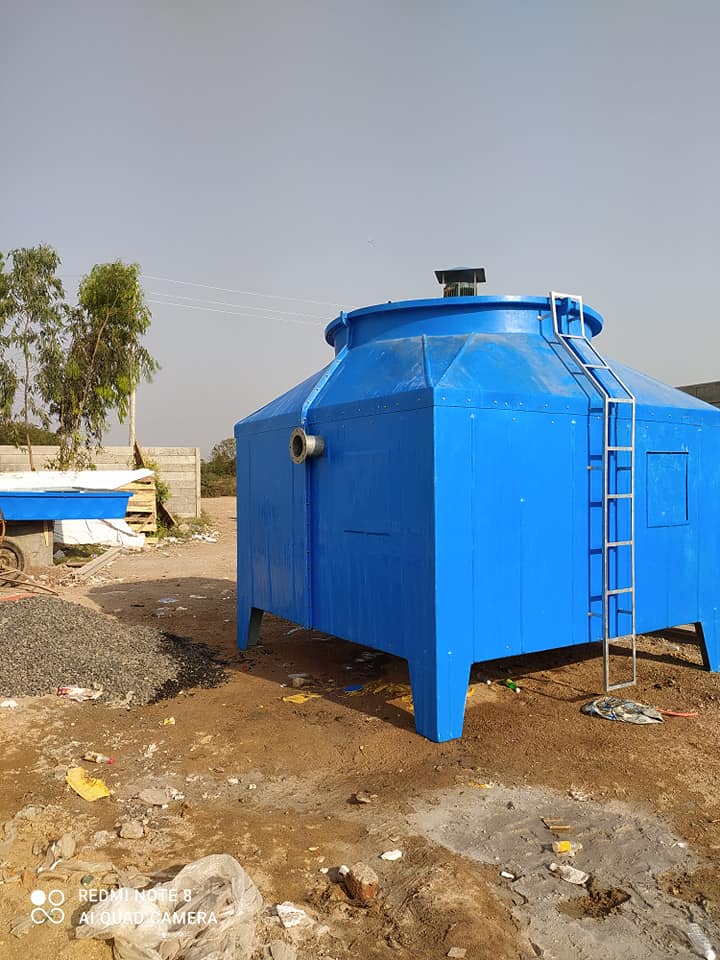| Cooling tower descaling is the process of removing limescale, mineral deposits, and other fouling materials that accumulate over time in cooling towers. These deposits can reduce heat transfer efficiency, increase energy consumption, and lead to corrosion or microbial growth if left untreated. Common Types of Scale in Cooling Towers: Calcium Carbonate (CaCO₃) – Most common, forms due to hard water. Calcium Sulfate (CaSO₄) – Harder to remove than carbonate. Silica Deposits (SiO₂) – Difficult to dissolve, often requires strong chemicals. Magnesium Scale – Less common but problematic in some water conditions. Iron Oxides – Often from corroded pipes or makeup water. Descaling Methods: 1. Chemical Cleaning (Most Common) Acid Cleaning (Hydrochloric, Sulfamic, or Citric Acid)Used for calcium carbonate and other mineral deposits.Requires inhibitors to prevent metal corrosion.Chelating Agents (EDTA, Phosphonates)Gentler than acids, used for mild scaling.Biodegradable Descalers (Eco-friendly options)Less aggressive but slower-acting. 2. Mechanical Cleaning High-Pressure Water JettingEffective for thick scale build-up.Brushing & ScrubbingManual removal in accessible areas.Abrasive Blasting (Sand/Grit)Used for severe scaling on metal surfaces. 3. Electrolytic Descaling (Advanced) Uses electrical current to dissolve scale (less common but effective for certain systems). 4. Ultrasonic Cleaning High-frequency sound waves loosen deposits (used in small-scale applications). Step-by-Step Descaling Process: Isolate & Drain the Cooling Tower Shut down the system and drain water. Inspect & Assess Scaling Check fill media, sump, and heat exchangers. Pre-Cleaning (if needed)Remove loose debris with water flushing. Apply Descaling Chemical Circulate acid/descaler for 2–6 hours (depending on severity). Neutralize & Rinse Use alkaline solution (e.g., sodium bicarbonate) to neutralize acid. Passivation (Optional)Apply corrosion inhibitor to protect metal surfaces. Refill & Restart System Monitor water chemistry to prevent recurrence. Preventing Scale Build-up: ◉ Water Softening – Use soft water or ion exchange systems. ◉ Chemical Treatment – Scale inhibitors (phosphates, polyacrylates). ◉ Regular Blowdown – Control cycles of concentration. ◉ pH Control – Maintain optimal pH (typically 7–9). ◉ Automatic Monitoring – Use sensors for real-time water quality checks. Safety Precautions: ◉ Wear PPE (gloves, goggles, respirator for acid fumes). ◉ Ventilate the Area – Acid cleaning releases gases. ◉ Neutralize Wastewater – Before disposal to meet environmental regulations. |
Cooling Tower Manufacturer in Djibouti
